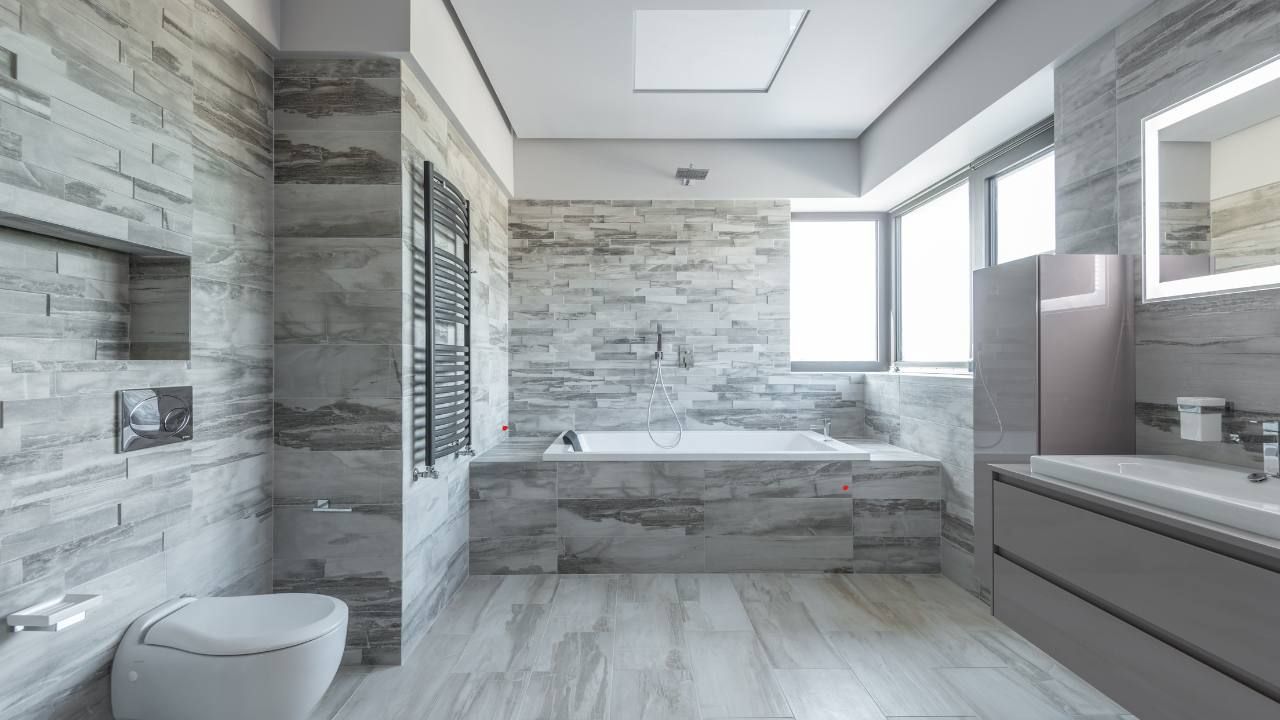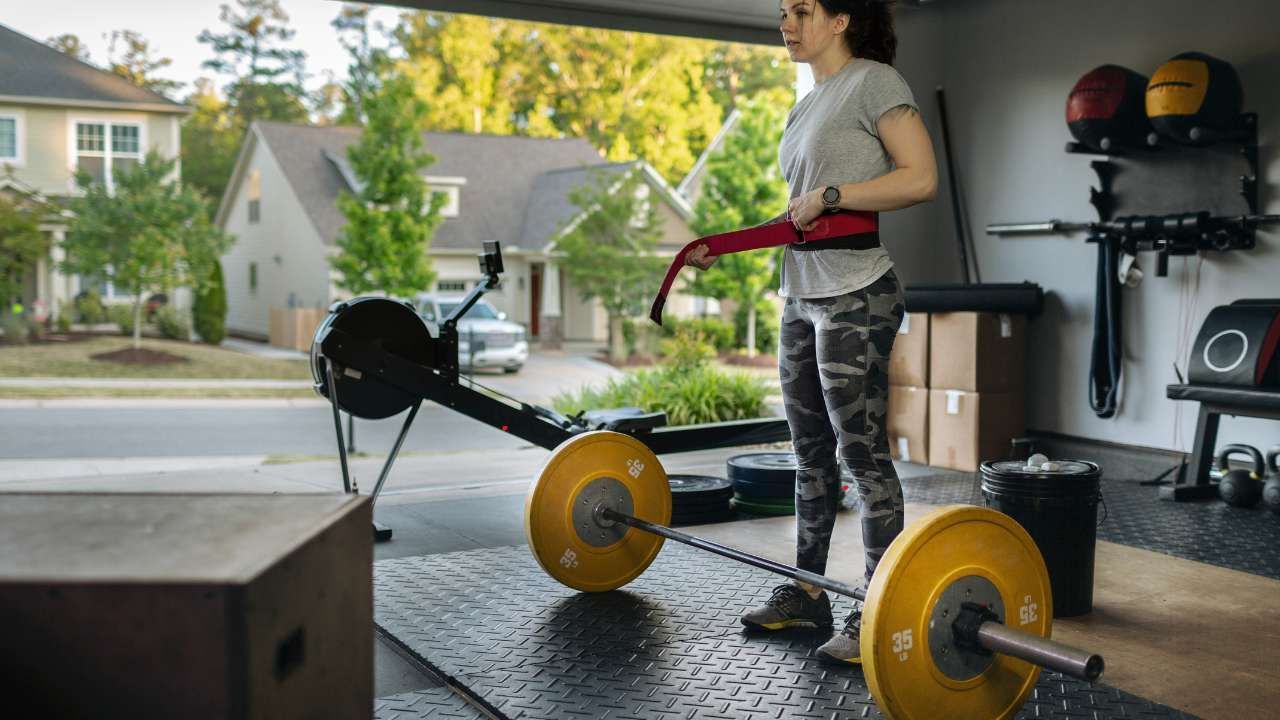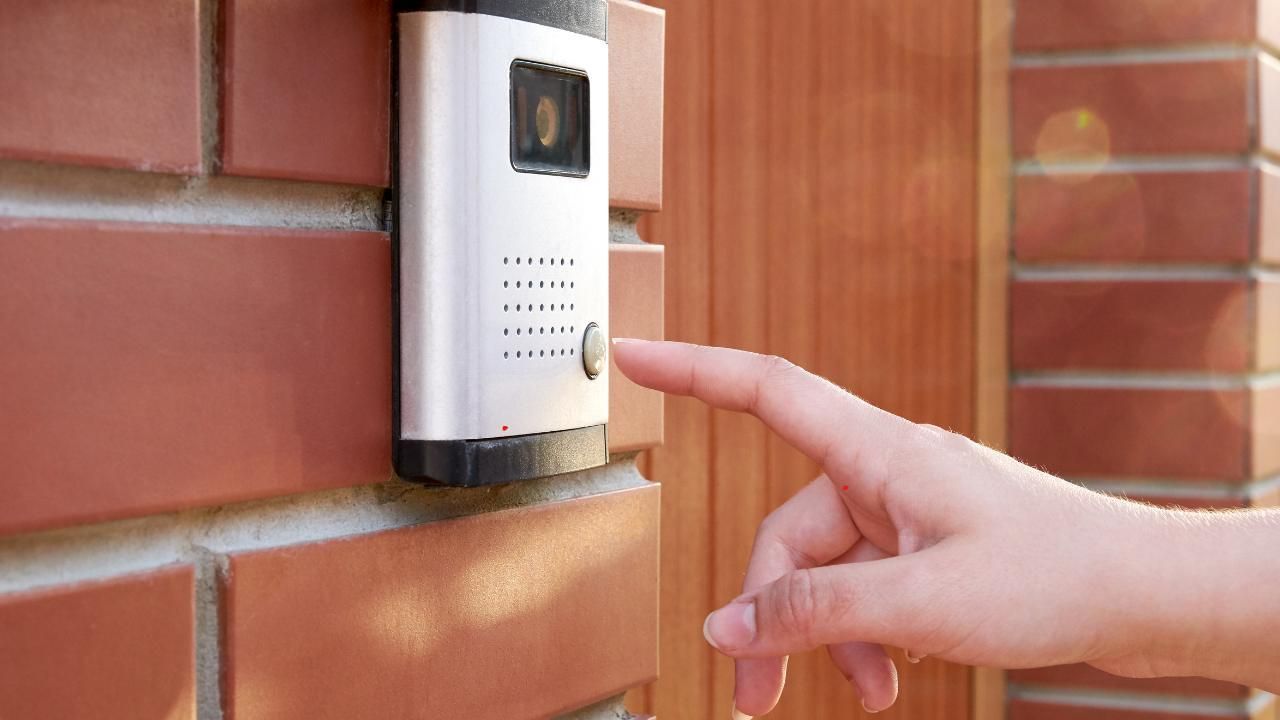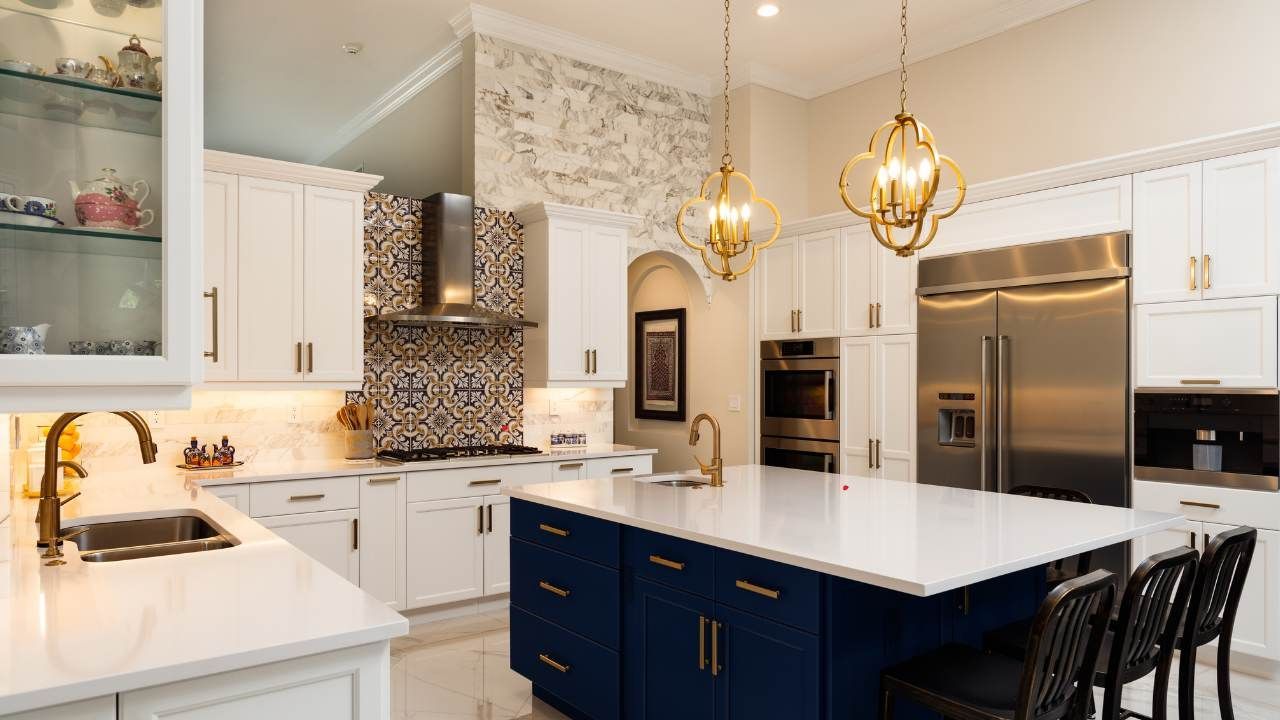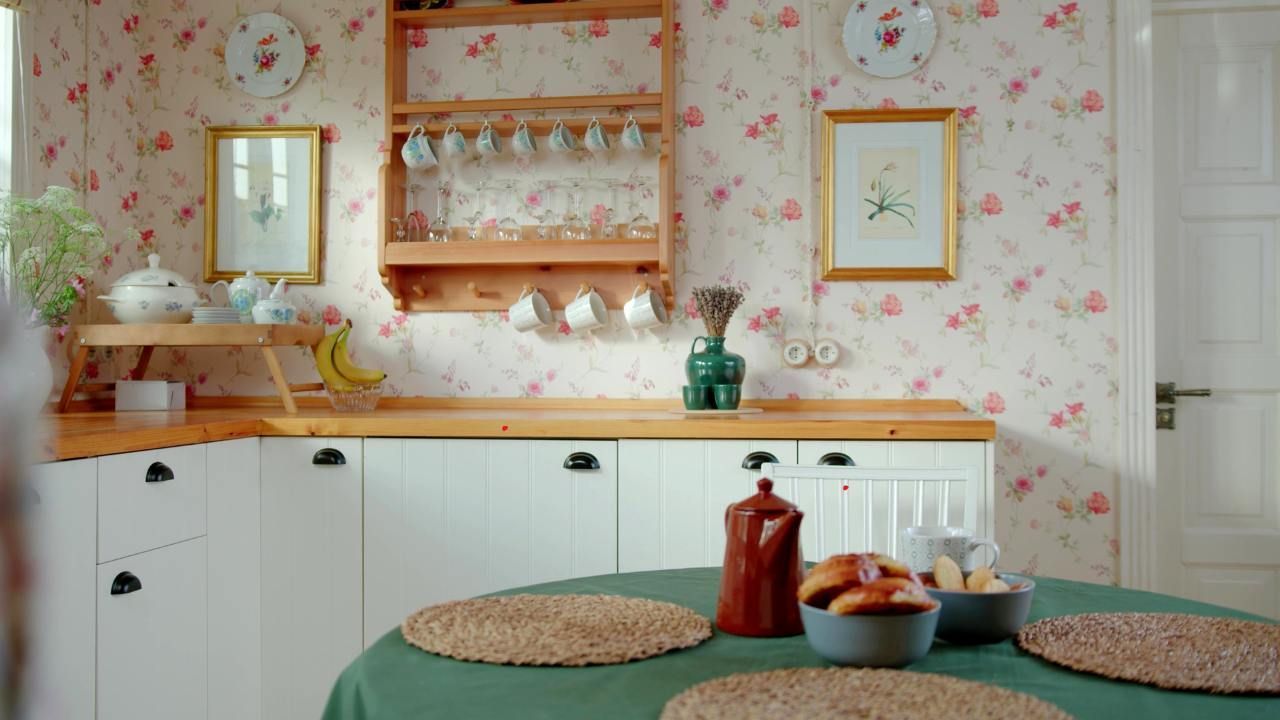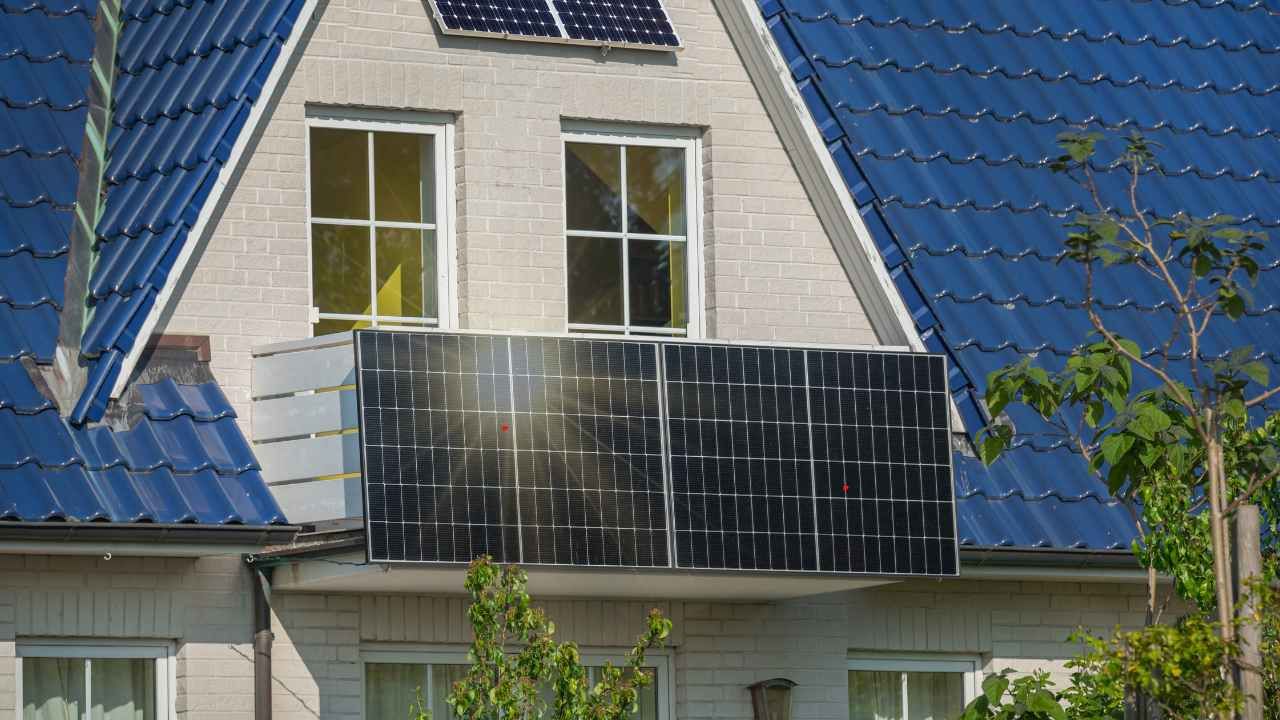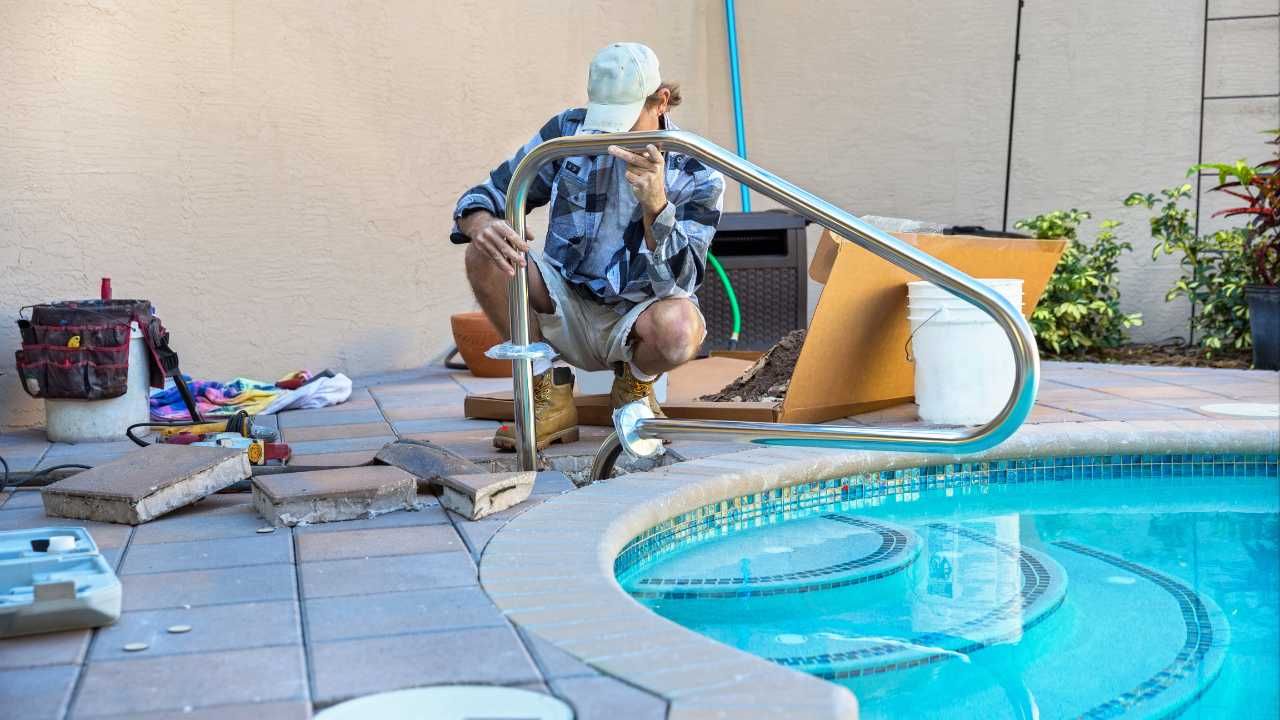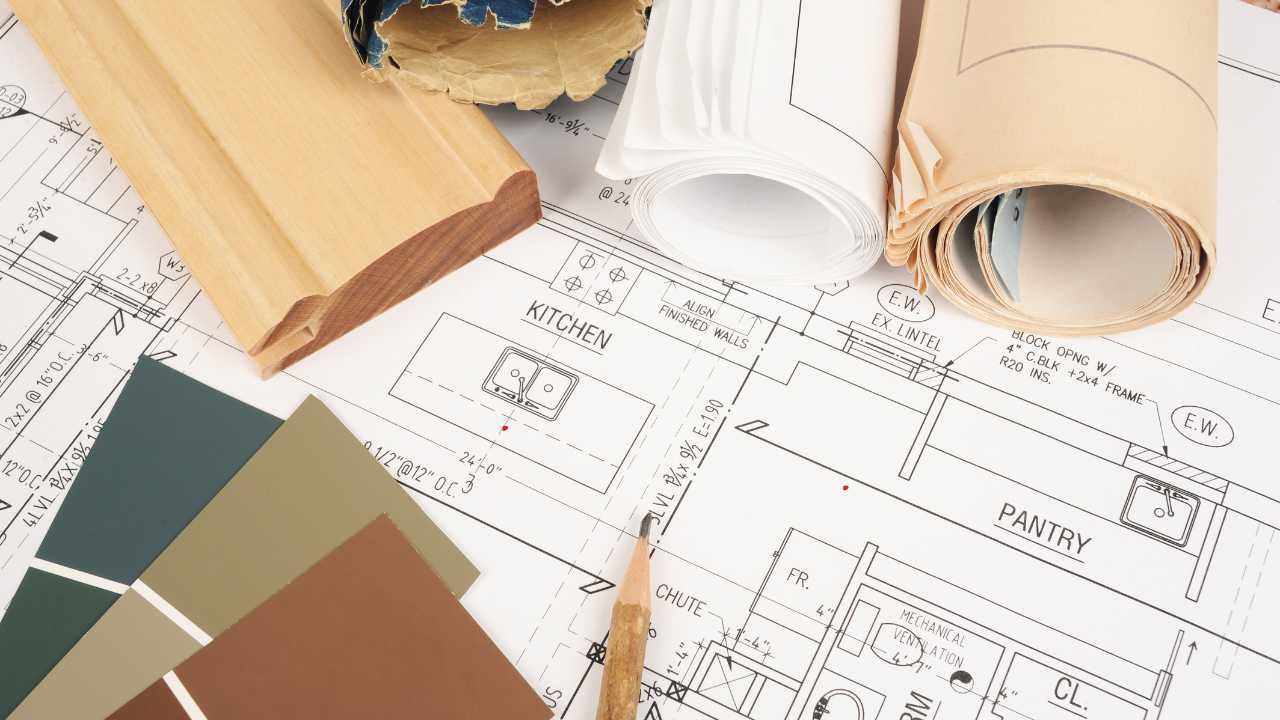Inground vs. Above-Ground Pools: Which is Best for Your Home?
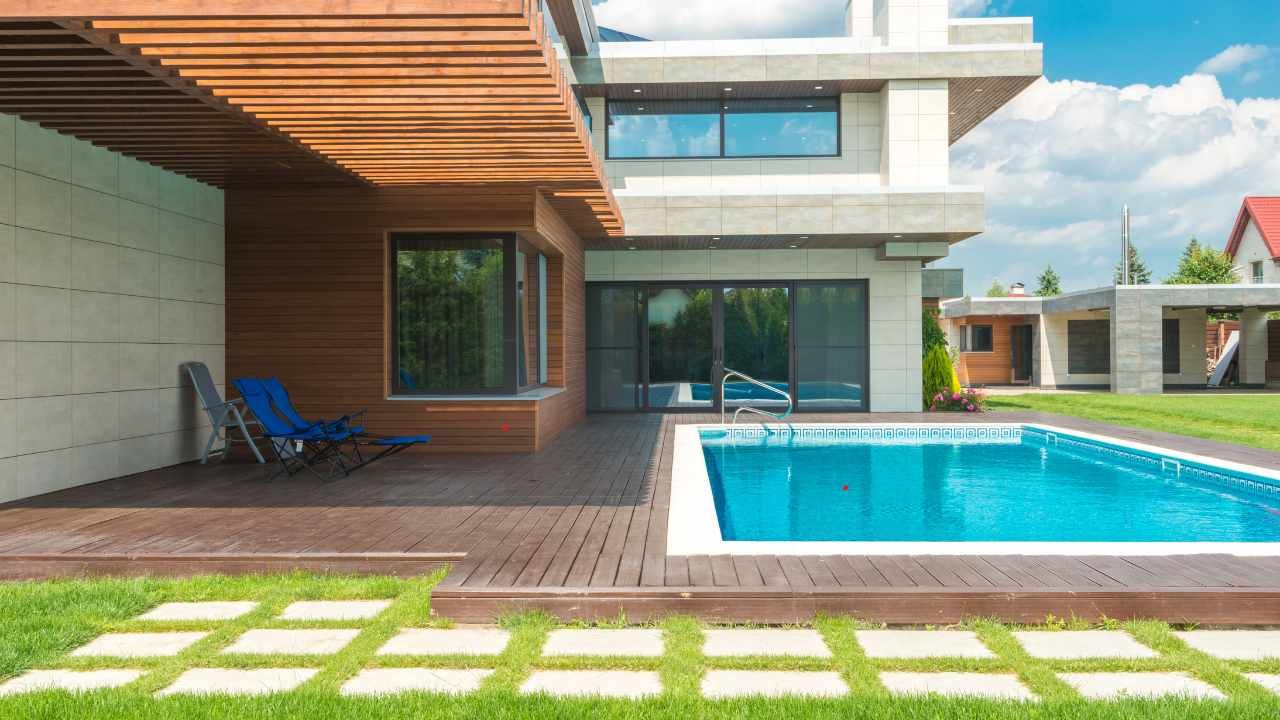
A backyard pool is more than just a luxury—it’s an investment in your home and lifestyle. Whether you want to cool off on hot summer days, entertain guests, or boost your property’s value, choosing the right pool is crucial. But should you go with an inground pool or an above-ground option?
Each type comes with its own set of pros and cons, from cost and installation to maintenance and longevity. In this guide, we’ll break down the key differences to help you decide which pool is the best fit for your home.
Cost and Installation
One of the biggest deciding factors for homeowners is cost. Inground pools require a larger upfront investment due to excavation, materials, and labor. The price varies depending on the size, shape, and material (concrete, fiberglass, or vinyl), but you can expect to spend anywhere from $35,000 to $100,000 or more.
Above-ground pools, on the other hand, are significantly more affordable. Most models range from $2,000 to $10,000, with some high-end options going beyond that. The installation process is also much quicker—typically a weekend DIY project or a few days with professional help. In contrast, an inground pool can take weeks or even months to complete, especially if additional landscaping is required.
Aesthetic Appeal and Property Value
If enhancing your backyard’s aesthetics is a priority, an inground pool is the clear winner. These pools offer a sleek, customizable look that seamlessly integrates with your outdoor space. You can add water features, decking, and landscaping to create a resort-like ambiance.
Above-ground pools, while functional, don’t have the same visual appeal. However, with the right decking, fencing, and landscaping, they can still complement your yard. While an inground pool may increase your home’s resale value, above-ground pools typically do not—potential buyers often view them as temporary structures.
Durability and Maintenance
When it comes to longevity, inground pools have a significant advantage. A well-maintained concrete or fiberglass pool can last for decades, making it a solid long-term investment. However, they also require more maintenance, including regular cleaning, chemical balancing, and potential resurfacing or liner replacements over time.
Above-ground pools generally last 10 to 20 years, depending on the materials used. They require less maintenance than inground pools, but they are more susceptible to damage from weather and wear and tear. If a liner gets punctured or the frame weakens, repairs can be costly, and in some cases, the entire pool may need replacement.
Safety Considerations
Both types of pools require proper safety measures, but above-ground pools tend to have a slight edge in this category. Their raised walls make it more difficult for small children and pets to accidentally fall in. You can enhance safety further with a locking ladder and pool cover.
Inground pools, while stunning, are more accessible and require additional precautions like fencing, safety covers, and alarms to prevent accidental drowning. If you have young children, these extra safety features are essential.
Case Studies: Choosing the Right Pool for Different Homes
Many homeowners have weighed the pros and cons of inground vs. above-ground pools to find the best fit for their lifestyle and budget.
One family with a large backyard and plans for long-term homeownership opted for a custom inground pool with integrated decking and landscaping. The investment not only provided a resort-like experience but also increased their home’s resale value significantly.
Meanwhile, a couple looking for an affordable and low-maintenance solution chose a high-end above-ground pool with a surrounding deck. It provided the relaxation and entertainment space they wanted while keeping costs manageable.
These real-life examples highlight how budget, space, and long-term goals play a crucial role in deciding between an inground or above-ground pool.
Which One is Right for You?
The right choice depends on your budget, long-term goals, and available space. If you’re looking for a permanent, high-value addition to your home and don’t mind the investment, an inground pool is ideal. However, if you want a cost-effective, quick-to-install option that still provides plenty of fun, an above-ground pool is a great alternative.
No matter which type you choose, professional pool installation is key to ensuring a safe and well-functioning pool. If you’re planning a home renovation Gwinnett County GA project, consider working with experts like Trimelogic LLC to transform your backyard into the perfect outdoor oasis. For expert home improvement services, contact us.

